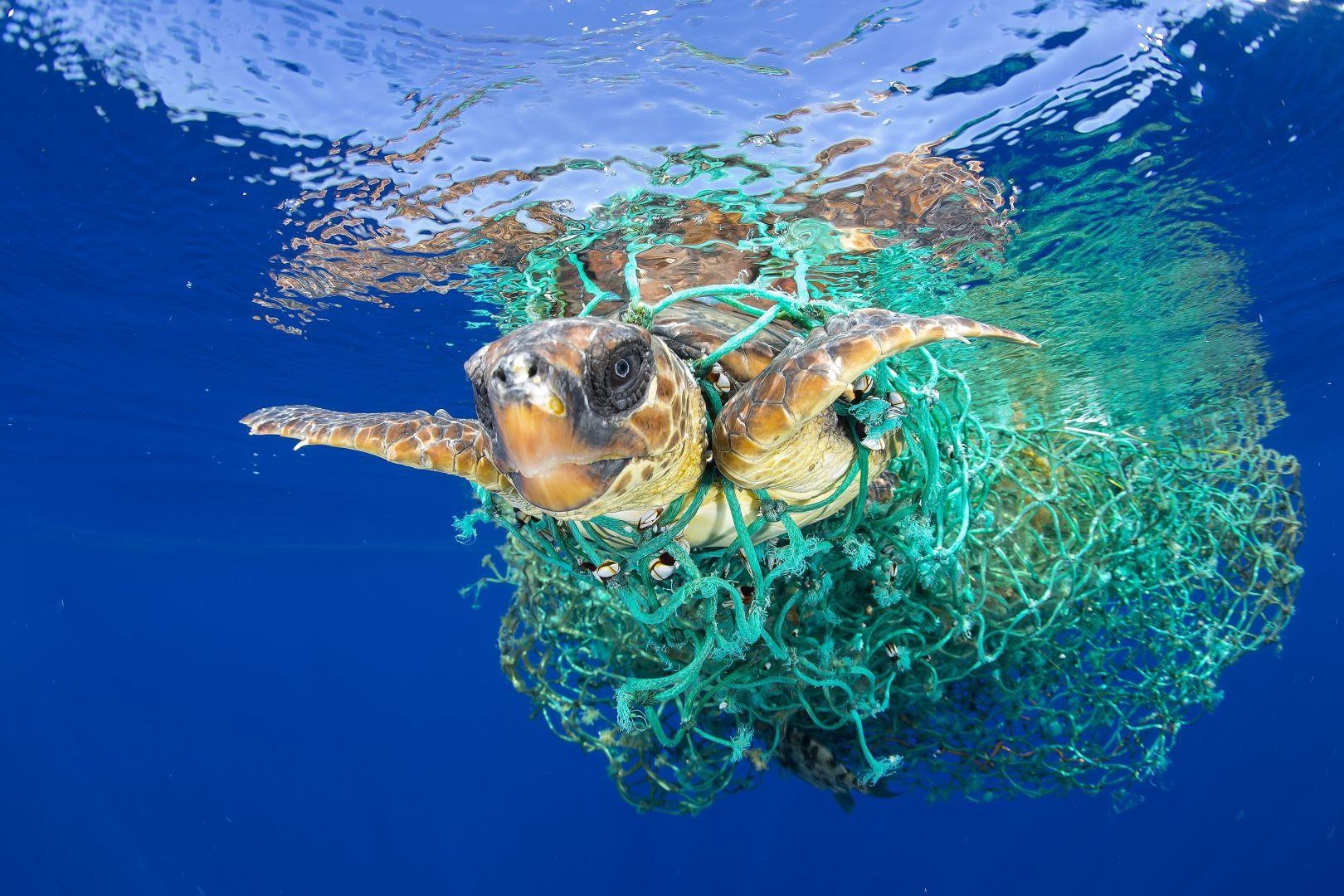
 EU looks to ban single-use plastics
EU looks to ban single-use plastics
Friday 26th October 2018 | Jake
The European Parliament in Brussels has voted in favour of a wide-reaching ban on single-use plastics. The approval of the ban is an important milestone in the fight against plastic pollution. 53 Members of European Parliament (MEPs) voted against the ban, compared to 571 who voted for.
The proposal demands 90% of plastic bottles be recycled by the year 2025, while single-use plastics such as straws and cutlery will be banned outright from 2021. The European Commission said the proposal targeted the ten single-use plastics most likely to “end up in the ocean”, while also banning fishing gear.
Over 700,000 plastic bottles are binned by the UK every day, and it is unknown whether a post-Brexit Britain will adhere to the vote’s consequences. Labour MEPs have called on the government to adopt the proposal, or risk the UK becoming “a dumping ground for cheap, non-recyclable plastics.”

The ten banned items and fishing gear account for around 70% of marine litter on European beaches, according to the European Commission’s directive. The ten single-use plastics affected by the initiative are as follows: food containers, cups, cotton bud sticks, cutlery (including straws), balloons (and their sticks), packets and wrappers, beverage containers (bottles), tobacco product filters, sanitary items and lightweight plastic bags
Before the proposal becomes law EU member countries will have to approve it, but there is hope within the Commission that this can be achieved before the end of the year. Once approved, the directive will establish the EU as forerunners in the intensifying fight against plastics. Humans currently contribute roughly 12.7 million tonnes of plastic to the ocean each year. Some of these plastics can take centuries to degrade properly in water.
The UK itself is yet to propose a framework to tackle plastics. In spite of which, environment secretary Michael Gove claimed in February that the EU were not ahead of Britain on the issue.
The directive can be read in full here.
